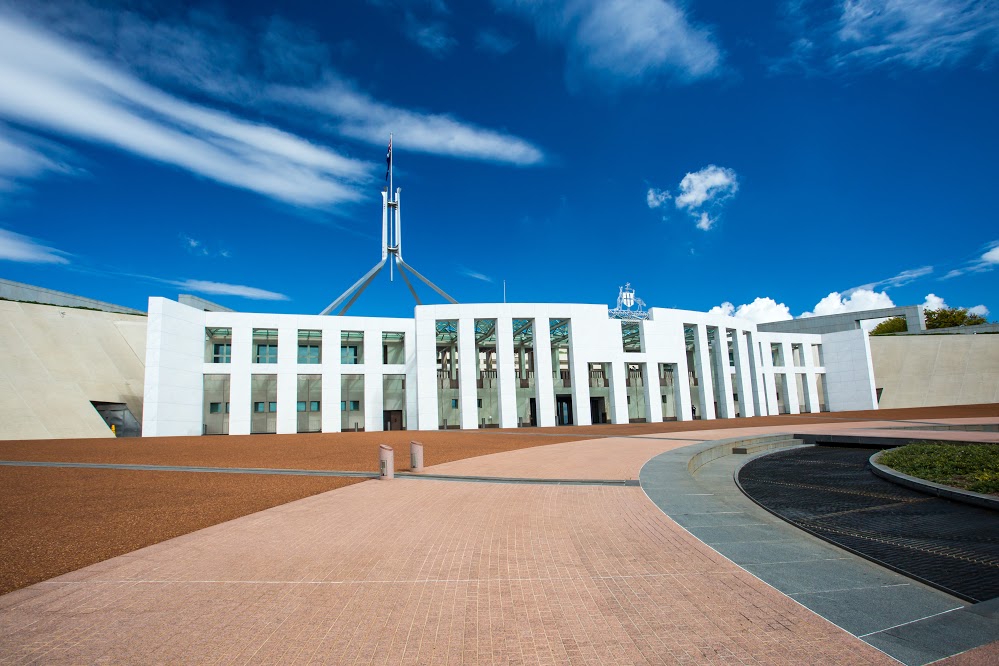Superannuation taxes predicted to be a ‘soft target’ in budget
The government may consider increasing the headline tax rate of 15 per cent for superannuation or reducing the capital gains concession as it grapples with its ballooning budget deficit, an advisory firm predicts.
In a short research paper, Parametric head of research Raewyn Williams and analyst Josh McKenzie stated that investment tax inside super may be a “political soft target” because it won’t be felt directly in most voters’ hip pockets.
They suggested in the paper that the two most likely tax measures would be increasing the headline tax rate of 15 per cent or reducing the capital gains tax concession from one-third.
A third option, which is limiting the claiming of franking credits for Australian share dividends, the paper argues, would be too politically risky.
“Changing the franking credit rules is directly felt by many members in the way that other super investment taxes aren’t — something the Australian Labor Party, in proposing to limit franking credit refunds, learnt in last year’s federal election,” the paper said.
Out of the other two options, Ms Williams and Mr McKenzie stated that reducing the CGT discount concession would be the preferable option, as it would have a much more subdued impact on a member’s retirement balance.
“This is primarily because, unlike increasing the 15 per cent headline tax, a CGT change would only impact some assets inside super and would not erode members’ initial (taxed) contributions into super,” the paper explained.
“A very small reduction (3 per cent) in the CGT discount concession to 30 per cent would shave a negligible $1,545 of the member’s retirement balance of $682,146. Even using our most aggressive assumption (the CGT discount more than halving to 15 per cent), the expected loss to retirement savings is a modest $8,446.”
Ms Williams and Mr McKenzie also suggested that the government may consider less significant changes to the CGT rules for superannuation such as extending the current one-year holding period rule (for CGT discount eligibility) to three years, capping carry-forward capital losses or limiting the types of assets eligible for CGT discounting.
“Faced with a raft of possible tax changes, the industry should favour changes to the CGT rules over a blanket increase in the super fund tax rate,” the paper recommended.

Miranda Brownlee
Miranda Brownlee is the deputy editor of SMSF Adviser, which is the leading source of news, strategy and educational content for professionals working in the SMSF sector.
Since joining the team in 2014, Miranda has been responsible for breaking some of the biggest superannuation stories in Australia, and has reported extensively on technical strategy and legislative updates.
Miranda also has broad business and financial services reporting experience, having written for titles including Investor Daily, ifa and Accountants Daily.








